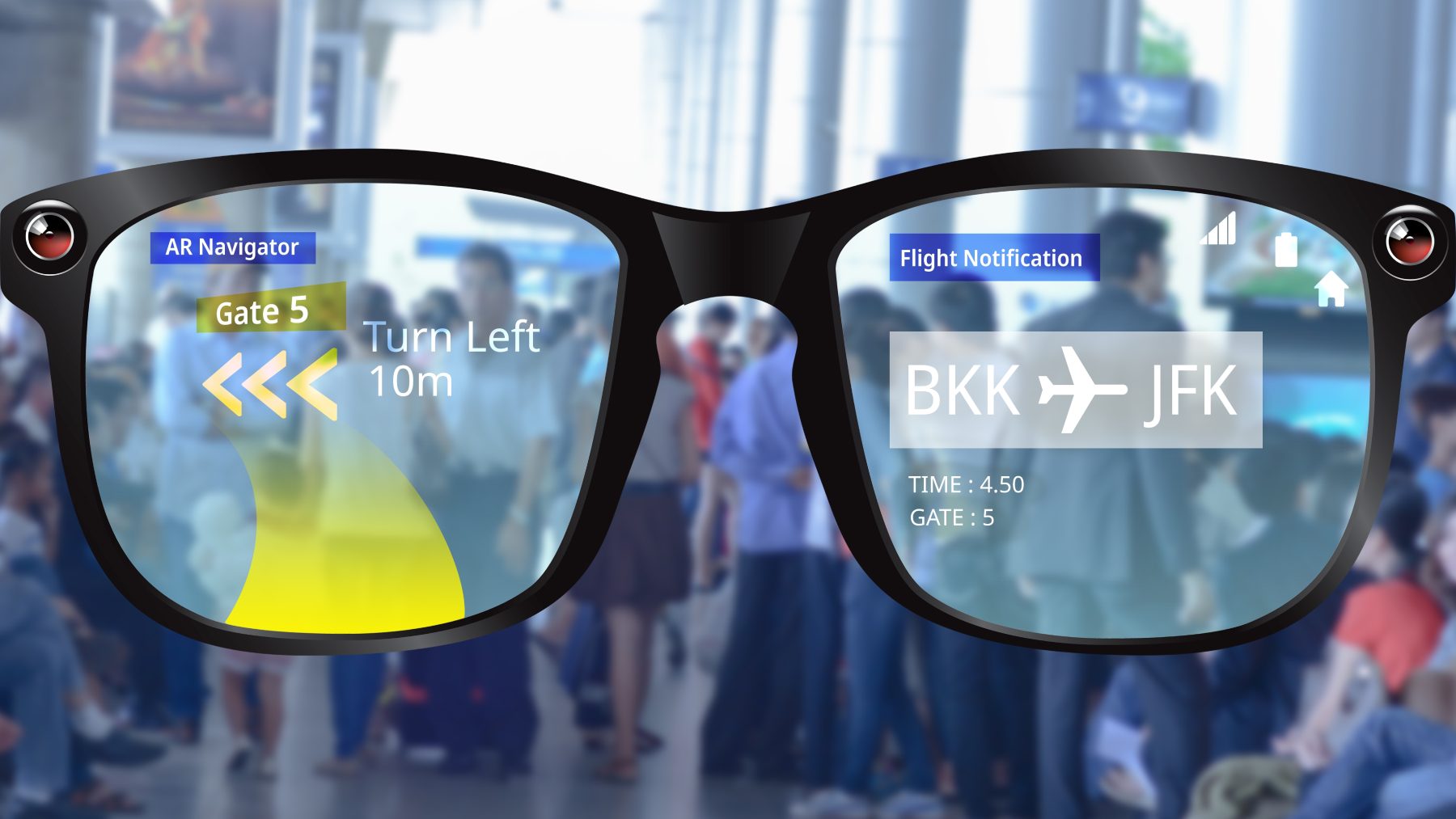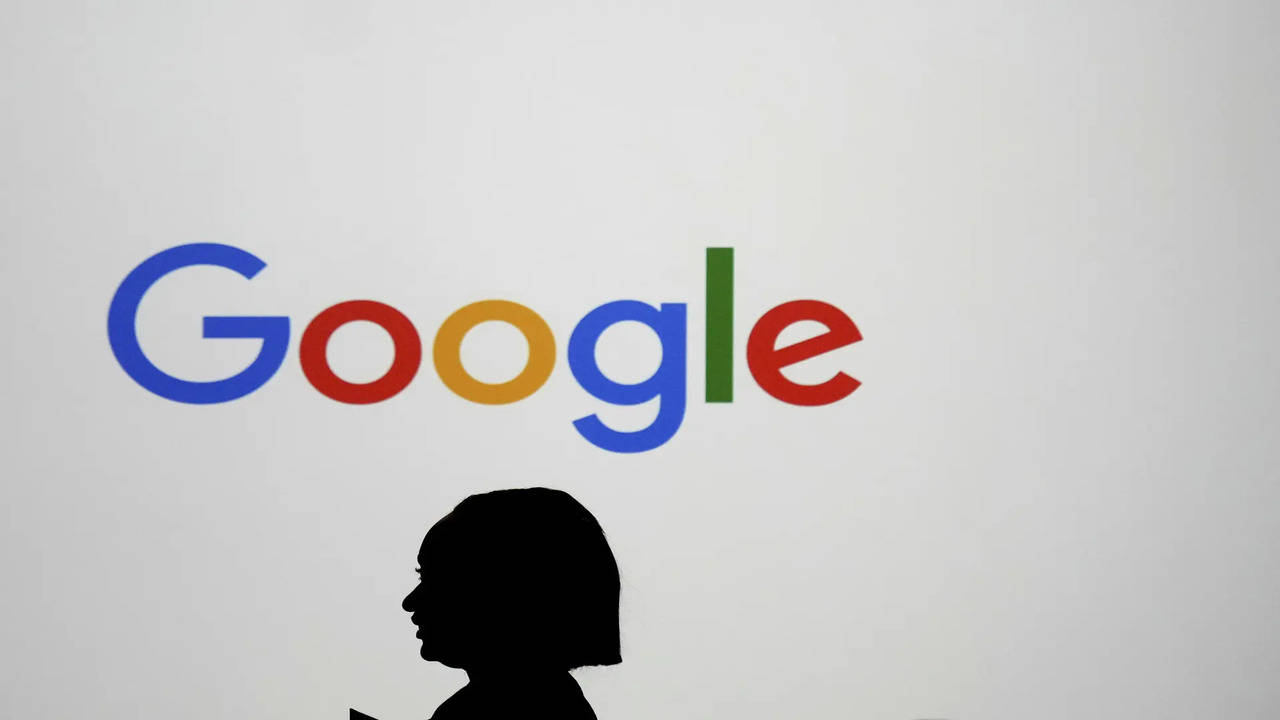- TECHSWU
- Posts
- TECHSWU
TECHSWU


Mark Zuckerberg is stirring excitement about a future where smart glasses could outshine iPhones and Androids. At a recent Meta event, he enthusiastically unveiled the new Orion glasses, touted as the "most advanced AR glasses ever," powered by AI for real-time information processing.
With billions of people already wearing glasses, Zuckerberg believes that upgrading to smart glasses will be the next big tech evolution. Unlike the past attempts, his collaboration with Ray-Ban produced a stylish pair featuring a 12MP camera, audio capabilities, and language translation, hinting at a promising acceptance of this technology.
As our daily technology becomes more integrated into our lives, Zuckerberg’s vision might just resonate.

In a notable downturn, Apple’s smartphone shipments in China have dipped by 9% in the first quarter of 2025, marking its seventh consecutive quarter of decline. With shipments falling to 9.
8 million units, Apple now holds a 13.7% market share, down from 17.
4% just a quarter prior. Interestingly, while Apple struggles, market leader Xiaomi boasts a staggering 40% increase in shipments, totaling 13.
3 million units, as the overall smartphone market grows by 3.3%.
Analysts attribute Apple’s slump to its premium pricing strategy, which has limited its ability to benefit from new government subsidies aimed at stimulating consumer electronics sales. As competition heats up in the Chinese market, Apple faces challenges that could reshape its standing in one of its most crucial regions.


BMW is revving up its game with the innovative HypersonX technology, designed to add a symphony of sounds to its electric vehicles (EVs). Set to debut with the new iX3 at the Munich Motor Show, HypersonX promises to transform the near-silent EV experience into a captivating auditory journey, reminiscent of the thrill attached to traditional combustion engines.
With a collection of 43 unique sound signals tailored to different driving modes, the system aims to establish an emotional bond between drivers and their vehicles. BMW’s sound design team even drew inspiration from nature, art, and science to fine-tune the audio experience, ensuring it aligns with the brand’s sporty DNA.

Looking to ignite creativity in the classroom? Dive into the world of AI with five innovative tools that empower K-12 students across various subjects! These platforms are designed to enhance self-expression and creative skills through engaging activities like art, storytelling, music, and coding. As AI continues to transform educational landscapes, it presents a unique opportunity for teachers and students alike.
While some educators embrace these advances, the article highlights the existing gaps in AI usage among teachers and principals, advocating for a more uniform adoption. Unleash the potential of AI in education and inspire your students to explore, innovate, and express themselves like never before! For more insights into integrating AI creatively in your classroom, visit eSN's Digital Learning hub.

Exciting news in the tech world as AI startup Perplexity gears up for a groundbreaking partnership with Samsung and Motorola! Reports indicate that Perplexity is in talks with Samsung to integrate its smart AI assistant into their devices, potentially making it the default assistant or preloading it on smartphones. Meanwhile, a collaboration with Motorola is set to be officially announced during their upcoming product event.
This partnership aims to create an "AI Phone," which allows users to interact with their devices through simple voice commands—much like Siri on iPhones. While Samsung’s existing ties with Google might complicate matters, the tech giant's prior investments in Perplexity suggest a strong interest in this innovative AI technology.
As Perplexity positions itself at the forefront of AI integration in smartphones, the landscape of user interaction is about to get a major upgrade! Stay tuned for more updates on this dynamic development.

The article from PCMag delves into the tumultuous landscape of technology tariffs under former President Trump's administration, tracing a timeline of pivotal events and their implications on consumer electronics. With the landscape shifting rapidly, companies and consumers alike grapple with fluctuating prices on gadgets from smartphones to PCs.
As Trump makes bold moves—such as raising tariffs and renegotiating trade deals—manufacturers rush to stockpile inventory, creating uncertainty about future costs. The piece provides a comprehensive chronology of key tariff developments, helping readers understand what's next.
For anyone looking to navigate these turbulent waters, the article offers insights and actionable advice on when and how to make purchasing decisions while being mindful of the impending tariff changes.

In a recent ruling, a U.S.
judge found that Google has illegally monopolized the online advertising technology market, a significant challenge for the tech giant. This decision opens the door for possible antitrust actions, including a potential breakup of Google’s ad divisions.
The court highlighted Google's unlawful control over publisher ad servers and exchanges, which it deemed detrimental to competition and consumers. While Google plans to appeal, the company asserts that it won half of the case, particularly regarding advertiser tools.
Google's advertising revenue is a major part of its $350 billion earnings, making this legal battle critical. This ruling is part of a larger wave of antitrust scrutiny facing major tech firms, echoing sentiments from past cases aimed at curbing Big Tech's dominance.
With appeals likely taking years, the fallout from this case could reshape the future of online advertising.
